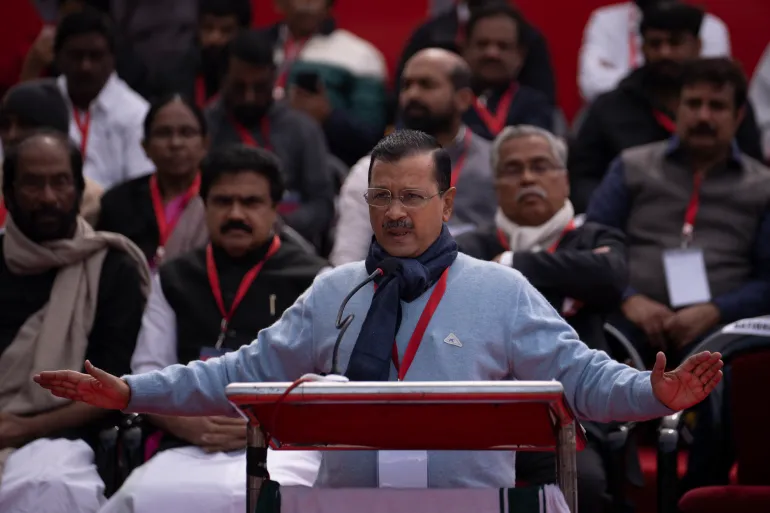The recent arrest of Delhi Chief Minister Arvind Kejriwal by the Enforcement Directorate (ED) has sparked concerns regarding the state of democracy and federalism in India. Seen as a move with political implications ahead of the general elections, Kejriwal’s arrest in connection with the Delhi Excise policy case adds to the list of AAP leaders facing legal scrutiny.
While the ED’s investigation into corruption allegations is ongoing, the prolonged detention of accused leaders like Manish Sisodia and Sanjay Singh without swift trial proceedings raises questions about due process and fair treatment. The perception of selective enforcement of the law against political opponents undermines public trust in the democratic system.
Previously, the Supreme Court had emphasized the importance of presenting compelling evidence linking accused individuals to alleged crimes. Despite legal scrutiny, bail denials, and ongoing investigations, the narrative of political targeting persists, with central agencies accused of disproportionately targeting opposition leaders.
The arrest of constitutional functionaries like Hemant Soren and Arvind Kejriwal highlights the potential for central agencies to disrupt democratic processes. The perception that joining hands with the ruling party grants immunity from corruption charges further fuels skepticism. While Kejriwal’s past advocacy against corruption adds irony to his current predicament, the need for impartial and transparent law enforcement remains paramount.






